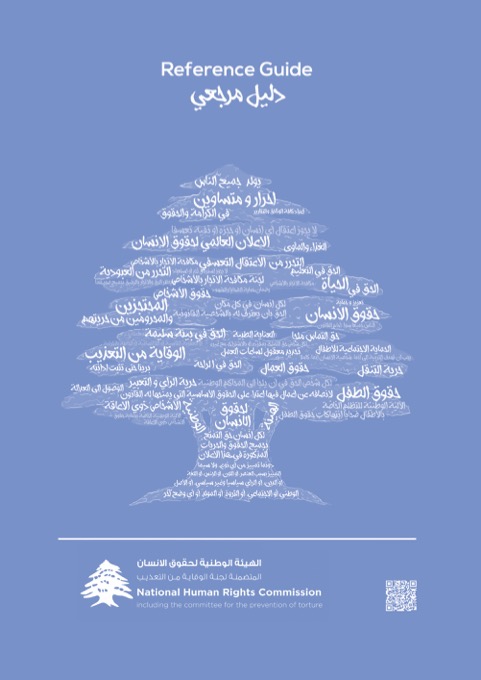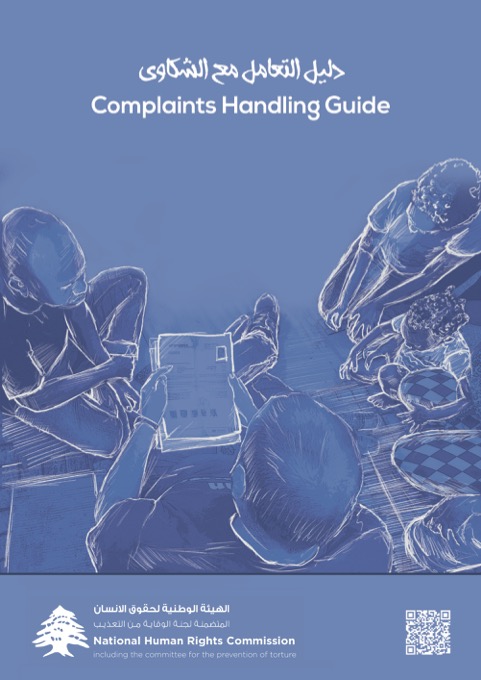هذه المقالة متاحة أيضًا بـ: العربية (Arabic)
1. Article 2 (1) of the Covenant obligates each State party “to take
steps … with a view to achieving progressively the full realization of the
[Covenant] rights … by all appropriate means”. The Committee notes that
one such means, through which important steps can be taken, is the work of
national institutions for the promotion and protection of human rights. In
recent years there has been a proliferation of these institutions and the
trend has been strongly encouraged by the General Assembly and the Commission
on Human Rights. The Office of the High Commissioner for Human Rights has
established a major programme to assist and encourage States in relation to
national institutions.
2. These institutions range from national human rights commissions through
Ombudsman offices, public interest or other human rights “advocates”, to
defenseurs du peuple and defensores del pueblo. In many cases, the
institution has been established by the Government, enjoys an important degree
of autonomy from the executive and the legislature, takes full account of
international human rights standards which are applicable to the country
concerned, and is mandated to perform various activities designed to promote
and protect human rights. Such institutions have been established in States
with widely differing legal cultures and regardless of their economic
situation.
3. The Committee notes that national institutions have a potentially
crucial role to play in promoting and ensuring the indivisibility and
interdependence of all human rights. Unfortunately, this role has too often
either not been accorded to the institution or has been neglected or given a
low priority by it. It is therefore essential that full attention be given to
economic, social and cultural rights in all of the relevant activities of
these institutions. The following list is indicative of the types of
activities that can be, and in some instances already have been, undertaken
by national institutions in relation to these rights:
(a) The promotion of educational and information programmes designed
to enhance awareness and understanding of economic, social and cultural
rights, both within the population at large and among particular groups such
as the public service, the judiciary, the private sector and the labour
movement;
(b) The scrutinizing of existing laws and administrative acts, as well
as draft bills and other proposals, to ensure that they are consistent with
the requirements of the International Covenant on Economic, Social and
Cultural Rights;
(c) Providing technical advice, or undertaking surveys in relation to
economic, social and cultural rights, including at the request of the public
authorities or other appropriate agencies;
(d) The identification of national-level benchmarks against which the
realization of Covenant obligations can be measured;
(e) Conducting research and inquiries designed to ascertain the extent
to which particular economic, social and cultural rights are being realized,
either within the State as a whole or in areas or in relation to communities
of particular vulnerability;
(f) Monitoring compliance with specific rights recognized under the
Covenant and providing reports thereon to the public authorities and civil
society; and
(g) Examining complaints alleging infringements of applicable
economic, social and cultural rights standards within the State.
4. The Committee calls upon States parties to ensure that the mandates
accorded to all national human rights institutions include appropriate
attention to economic, social and cultural rights and requests States parties
to include details of both the mandates and the principal relevant activities
of such institutions in their reports submitted to the Committee.
Adopted at the 51st meeting (nineteenth session), on 1 December 1998.
UN Committee on Economic, Social and Cultural Rights (CESCR), General Comment No. 10: The role of national human rights institutions in the protection of economic, social and cultural rights, E/C.12/1998/25, 10 December 1998



